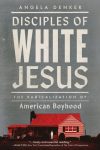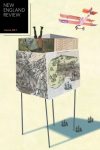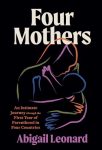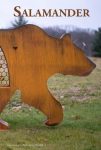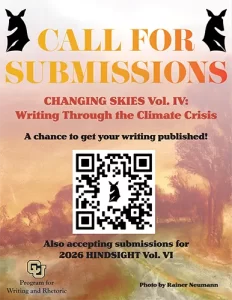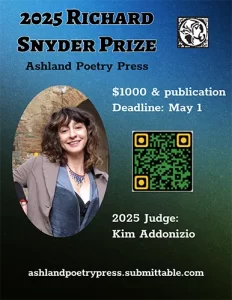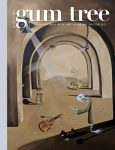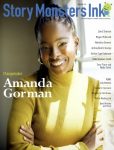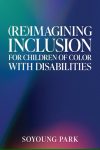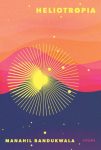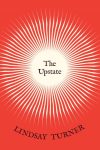
Assistant Fiction Editor Lauralee Leonard opens Bellevue Literary Review Issue 48 with reflective inquiry for readers and writers alike, “Where does a story bring us? Where do we get when we read a poem to its end for the first time, the second time, the third time? How is it that a person we are likely never to meet, through only words arranged on a page, can enter our consciousness so fully? And how does it happen that we surrender so completely to a created place that we are jolted, at the end, to find ourselves still in our own chair, suspended momentarily between worlds?”
Offering readers the opportunity for further contemplation, this issue offers fiction by Fiona Ennis (Winner of the Goldenberg Prize for Fiction), Chinaecherem Obor (Honorable Mention), Nandini Bhattacharya, Ronald Niezen, Yuya Hattori, Michael Welch, Marcia Walker, TW Dalton, Sabrina D. Wang; nonfiction by Pia Jee-Hae Baur (Winner of the Felice Buckvar Prize for Nonfiction), Liesel Hamilton (Honorable Mention), Carlos Rafael Gómez, Veronica Cano, Diane Zinna; and poetry by Sandra Dolores Gómez Amador (Winner of the John and Eileen Allman Prize for Poetry), Cedric Rudolph (Honorable Mention), Laura E. Garrard, Karen Zheng, Maya Klauber, Laurie Sansom, Michael Montlack, Christopher Stewart, Timothy Kelly, Won Lee, Brett Warren, Kelly Grace Thomas, Bridget Bell, Cecil Morris, Wendy Wisner, Becky Nicole James, Xinyue Huang, Joseph Radke, Judith Fox, Alexandra Ozols, and Rob Macaisa Colgate.
Cover art by Aliza Nisenbaum.



